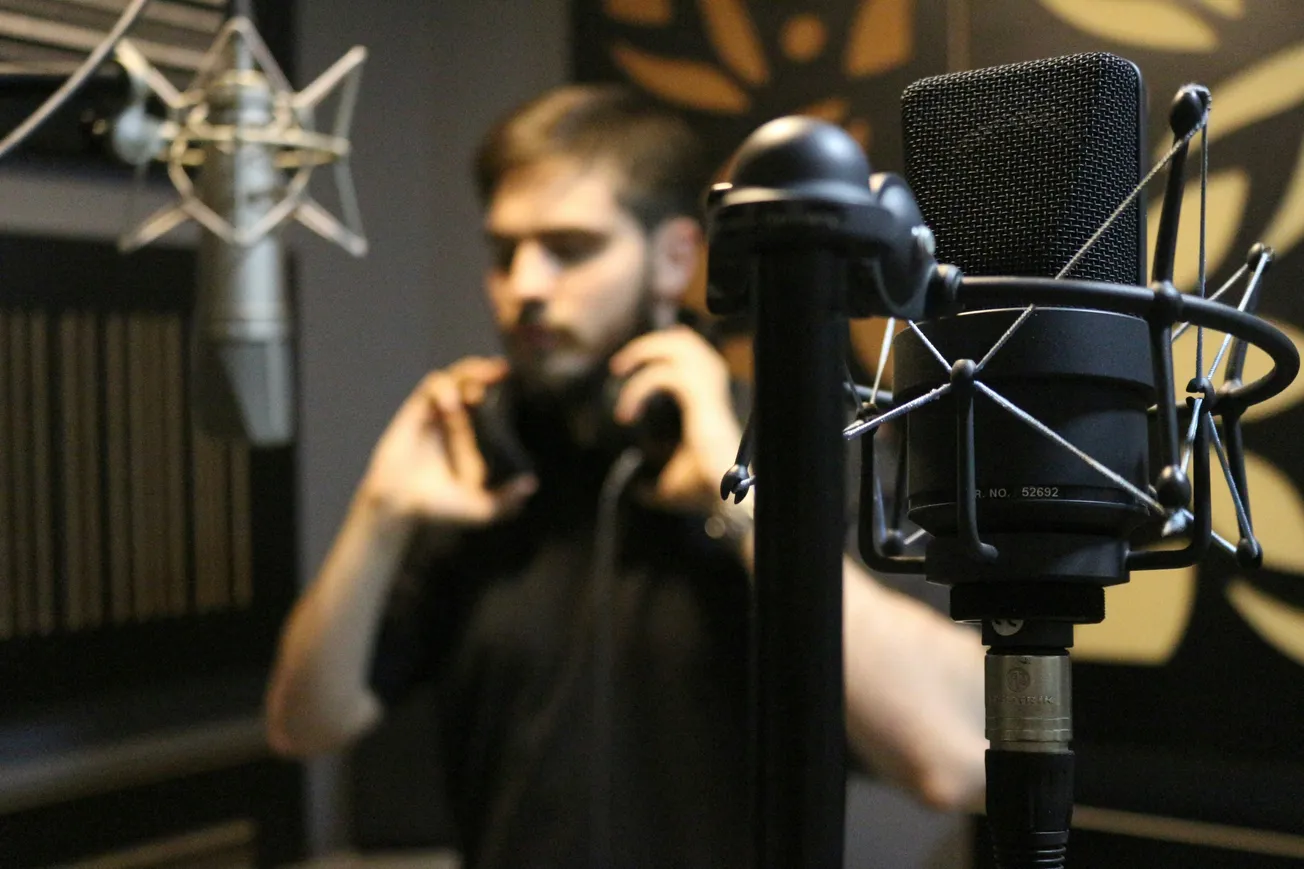The rapid evolution of artificial intelligence is transforming the podcasting landscape, enabling creators to translate and localize content into dozens of languages with unprecedented accuracy and efficiency.
Where once podcast creators were limited by the linguistic boundaries of their original recordings, new AI-driven tools are now making it possible to deliver audio experiences across cultures and continents.
Spotify’s recent rollout of an AI-powered voice translation feature illustrates the trend. The technology, still in pilot form, uses voice cloning to generate translations in a way that preserves the original speaker’s tone and vocal identity.
Listeners in Spanish, French, or German markets can now hear podcasters like Lex Fridman or Dax Shepard in their native languages—yet with what sounds like the podcasters' own voices. Spotify says the initiative is meant to deepen connections between creators and their expanding international audiences.
Meanwhile, Google has added another layer to the conversation. Its latest update to NotebookLM includes AI-generated audio overviews available in over 50 languages.
Originally a note-taking and research assistant, NotebookLM now generates podcast-style summaries from written content and delivers them as spoken audio.
This expands access not only for users with different language needs, but also for those with visual impairments or limited time to read longform text.
Smaller startups are pushing boundaries even further.
Jellypod, for instance, is not just translating podcasts but also localizing them culturally. The company uses generative voice models to re-record podcasts in other languages with voice actors or AI-generated speakers that mimic native fluency.
Importantly, they adapt idiomatic expressions and colloquialisms to ensure the content resonates with target audiences—more than simply making it intelligible.
Global Reach, New Business Models
The implications of these advances are already evident in market behavior. Multilingual translation is allowing podcasters to tap into new global audiences that were previously out of reach.
For independent creators, this could mean a dramatic expansion of listenership without the need for extensive production teams or international licensing deals.
From a business standpoint, the reach enabled by AI translation is unlocking new advertising potential. Brands can now target localized segments with relevant messaging in the same podcast feed, while creators can monetize content across multiple geographies.
The podcast ad market—already projected to grow to $5 billion globally by 2027—could accelerate further as language is removed as a limiting factor.
Market analysts are bullish on the broader sector. The AI language translation services market is expected to grow to $5.6 billion by 2033.
A parallel market segment—AI in podcasting—is projected to hit $26.6 billion in that same timeframe, with a striking compound annual growth rate of over 28 percent.
Authenticity and Privacy Still Pose Hurdles
Despite the optimism, challenges remain. One of the most pressing is the authenticity of AI-translated content.
Critics argue that while AI can replicate tone and inflection, it often struggles to convey emotional nuance and cultural specificity. There is also concern that audiences might react skeptically to voice cloning, even if it preserves familiarity.
Data privacy is another sticking point.
The same AI tools that make translation seamless often require access to personal data, voice samples, and content libraries. For creators and platforms alike, ensuring the secure use of this data is critical—not just to avoid legal trouble but to retain listener trust.
Nevertheless, the broader trajectory is clear: AI is not just helping podcasters translate their voices—it is helping them cross borders.
As tools continue to mature, the industry appears headed for a more globally integrated future, one in which language is no longer a gatekeeper, but a gateway.









